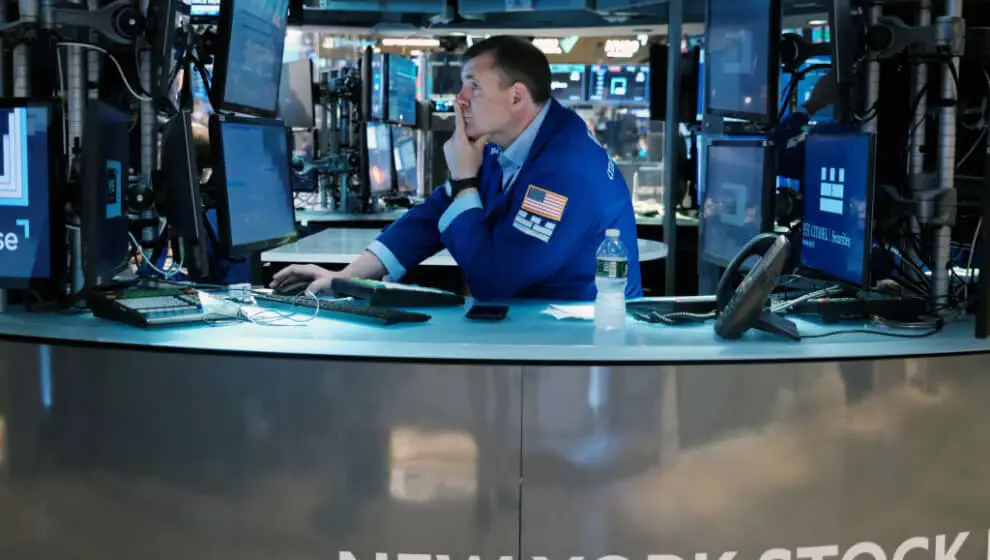Newly proposed stock buyback tax as part of the climate bill spurs buyback madness.
A new 1% levy on stock buybacks was proposed in the U.S. Senate’s tax and climate package, but isn’t slated to go into effect until 2023, if the bill becomes law. Since buybacks will remain tax-free through the end of this year, some analysts are expecting something of a buyback frenzy, which could support the S&P 500 at a volatile time.
The cost of the 1% tax on buybacks will be used by companies like Apple, which added $90 billion to its share repurchase plan in April. The tax on such a massive Apple stock buyback could amount to as much as $900 million a year, once the tax takes effect in 2023, according to Investors.
Looking at the S&P 500 as a whole, which is on pace to reach $1 trillion in stock buybacks this year, the combined hit to earnings could amount to as much as $10 billion a year if it stays on that pace.
Stock buybacks are typically good for stock prices for a couple of reasons. First, corporate cash spent on buybacks buoys earnings per share by reducing share counts unlike dividends. Second, buybacks offer a way of distributing capital while allowing shareholders to avoid paying taxes. Instead of the taxes going to the government, they stay in the market.
Shareholders who don’t redeem their shares, buybacks may result in a bigger capital gains tax bill, but only when or if they sell their stock. Plus, while foreign investors pay an average 17% tax rate on dividends, they don’t face U.S. taxes on capital gains, explains Investors.
